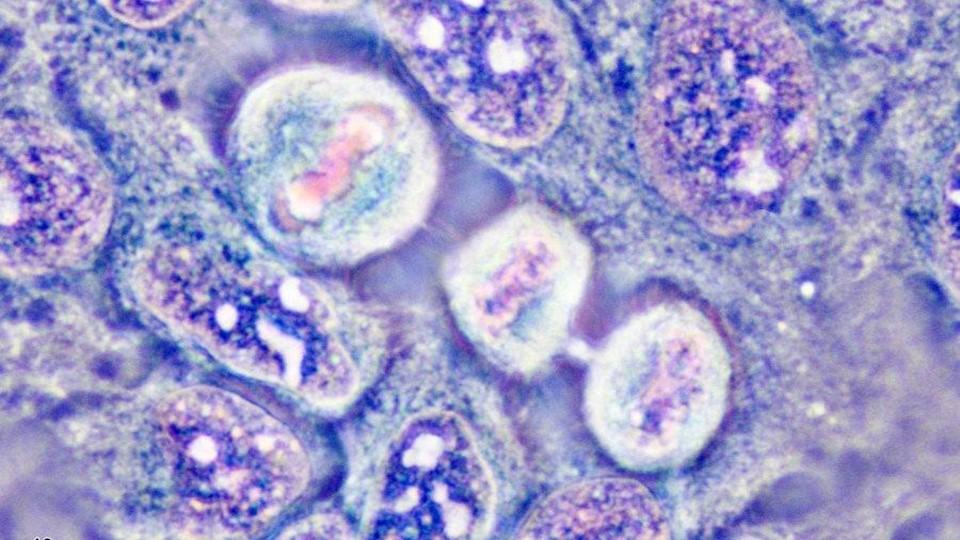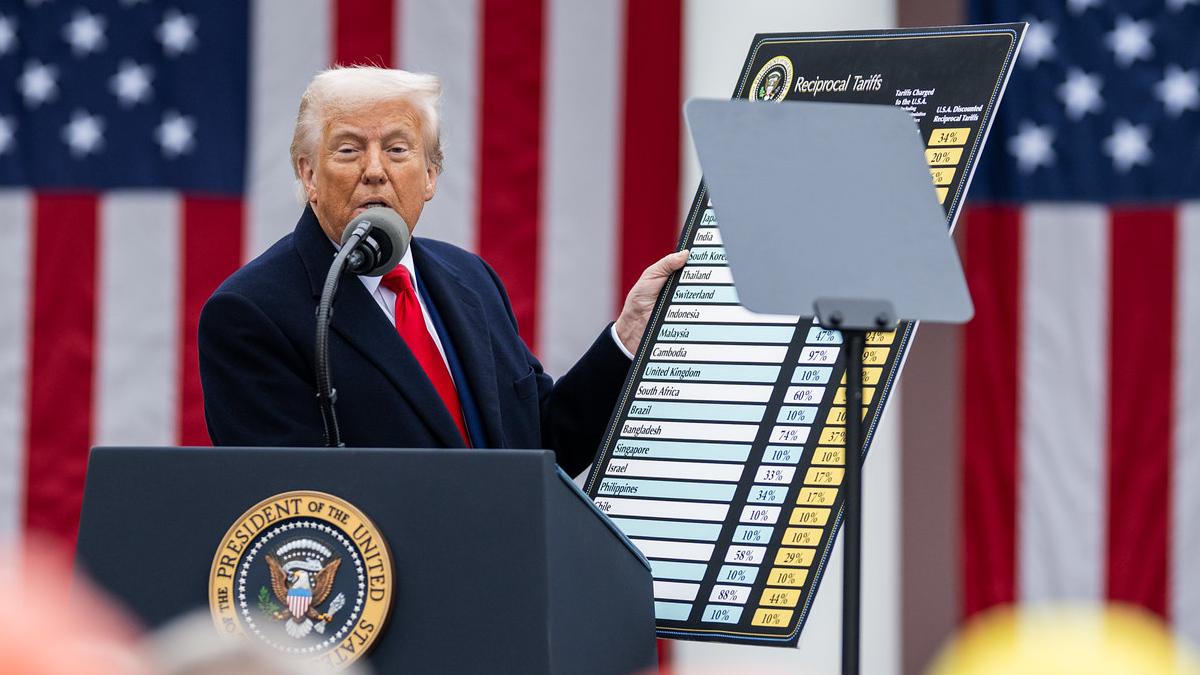Ultragenyx is latest biotech sued over HeLa cell use

Just days after settling with Thermo Fisher for an undisclosed sum, the family of Henrietta Lacks has filed a lawsuit against Ultragenyx, another US biotech that it accuses of profiting from cells harvested from her without consent.
The new complaint filed in a Baltimore court claims that Ultragenyx made "a conscious choice to commercialise the living genetic material of Henrietta Lacks, a Black woman, grandmother, and community leader, despite the corporation's knowledge that Mrs Lacks's tissue was taken from her without her consent or knowledge by physicians at Johns Hopkins Hospital."
It further asserts that Ultragenyx has "made a fortune by using Mrs Lacks's stolen cells as a factory to make its 'proprietary' gene therapy products."
The case centres around the use of HeLa cells, which were derived from cervical cancer cells taken from Lacks more than 70 years ago and became the first cells able to be grown continuously in the lab, facilitating big leaps forward in medical research. Lacks died shortly after her diagnosis.
It was not illegal to take patient samples without permission at the time, and Johns Hopkins maintains it never sold or profited from HeLa cells. However, other companies have patented methods of use that have generated revenues.
According to the lawsuit, Ultragenyx's work on gene therapies - based on adeno-associated virus (AAV) vectors that are generated in HeLa cells - is effectively "treating Mrs Lacks' body as a mere manufacturing tool without consent" and "denies her and her family basic dignity."
It also claims that Ultragenyx was aware of the origins of the HeLa cell line, but never sought or received permission from the estate of Henrietta Lacks to use them.
The biotech – which has a pair of gene therapies for glycogen storage disease type 1a (GSD1a) and ornithine transcarbamylase (OTC) deficiency in phase 3, and recently started dosing patients in a clinical trial of a candidate for Wilson's disease – has not commented publicly on the lawsuit.
It makes revenues from other medicines, with sales predicted to reach $425 to $450 million this year, but does not yet have a gene therapy on the market.
Thermo patented various uses of the cells, and the lawsuit targeting it identified several products that the Lacks estate lawyers claimed have generated profits on the back of HeLa cells.
The lawsuit had sought to strip Thermo of profits from the commercialisation of HeLa cells and block the company from any further use without authorisation from Lacks' estate, and similar redress is sought from Ultragenyx. It also wants the biotech to create a "trust" for HeLa cells in its possession.
Thermo had argued that the case should be dismissed because it was filed after the expiry of the statute of limitations period, a position that was not tested in court ahead of the settlement agreement.
Image by Doc. RNDr. Josef Reischig, CSc. via Wikimedia.













